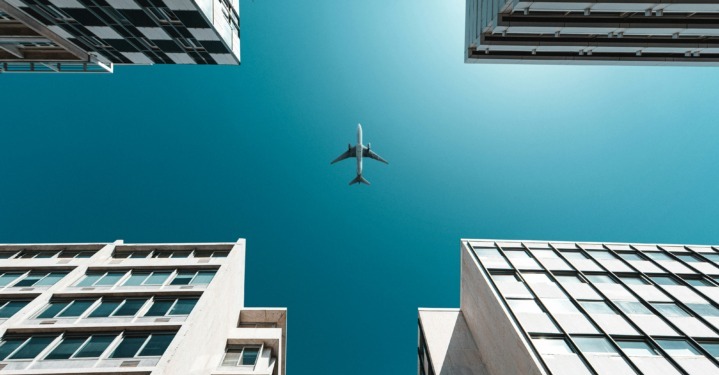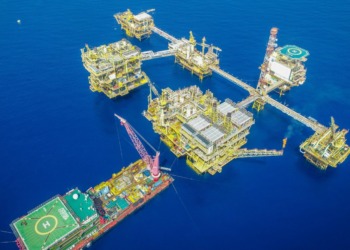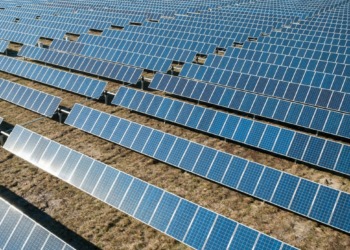On February 19, Singapore announced its commitment to greening air travel by requiring all departing flights to use sustainable aviation fuel (SAF) starting in 2026.
“The use of SAF is a critical pathway for the decarbonisation of aviation and is expected to contribute around 65% of the carbon emission reduction needed to achieve net zero by 2050,” said the Civil Aviation Authority of Singapore (CAAS).
Singapore’s decision was unveiled by Chee Hong Tat, the country’s Transport Minister, during the Changi Aviation Summit on the eve of the Singapore Airshow.
The country now aims to achieve a 1% SAF target by 2026, with a subsequent increase to 3-5% by 2030, contingent on global developments and the broader availability and adoption of SAF.
At the time of writing, sustainable aviation fuel, which can be produced either through synthetic processes or derived from biological materials like used cooking oil or wood chips, makes up 0.2% of the aviation fuel market. According to projections, this number should reach 65% by 2050.
However, significant challenges persist, including the high cost of SAF: Reaching a 65% market share by 2050 would require an estimated $1.45 trillion to $3.2 trillion of investments. Currently, sustainable aviation fuel can be up to five times more expensive than traditional fuel.
Related Articles: Clean Skies Ahead? The Future of Global Shipping With Sustainable Aviation Fuel | Aviation Flying High on Alternative Sources of Power | ‘Flight100’ Completes First-Ever 100% Sustainable Aviation Fuel Transatlantic Journey | How Commercial Aviation is Addressing Climate Change
In response to these challenges, CAAS is introducing a SAF levy to provide cost certainty for airlines and passengers. The levy will be set at a fixed amount, determined by the SAF target and projected SAF prices at that time. It will vary based on factors such as distance traveled and class of travel.
For example, the levy to support a 1% SAF uplift in 2026 could increase ticket prices for an economy class passenger on a direct flight from Singapore to Bangkok, Tokyo, and London by an estimated amount of around S$3 ($2.23), S$6, and S$16, respectively. Premium class passengers will incur higher levies.
The aviation industry acknowledges the need for substantial capital spending, estimated between $1.45 trillion to $3.2 trillion, to achieve the “net zero” emissions goal by 2050. This announcement positions Singapore as a frontrunner in the global effort to transition aviation towards a more sustainable and environmentally friendly future.
Editor’s Note: The opinions expressed here by the authors are their own, not those of Impakter.com — Featured Photo Credit: Marios Gkortsilas.










